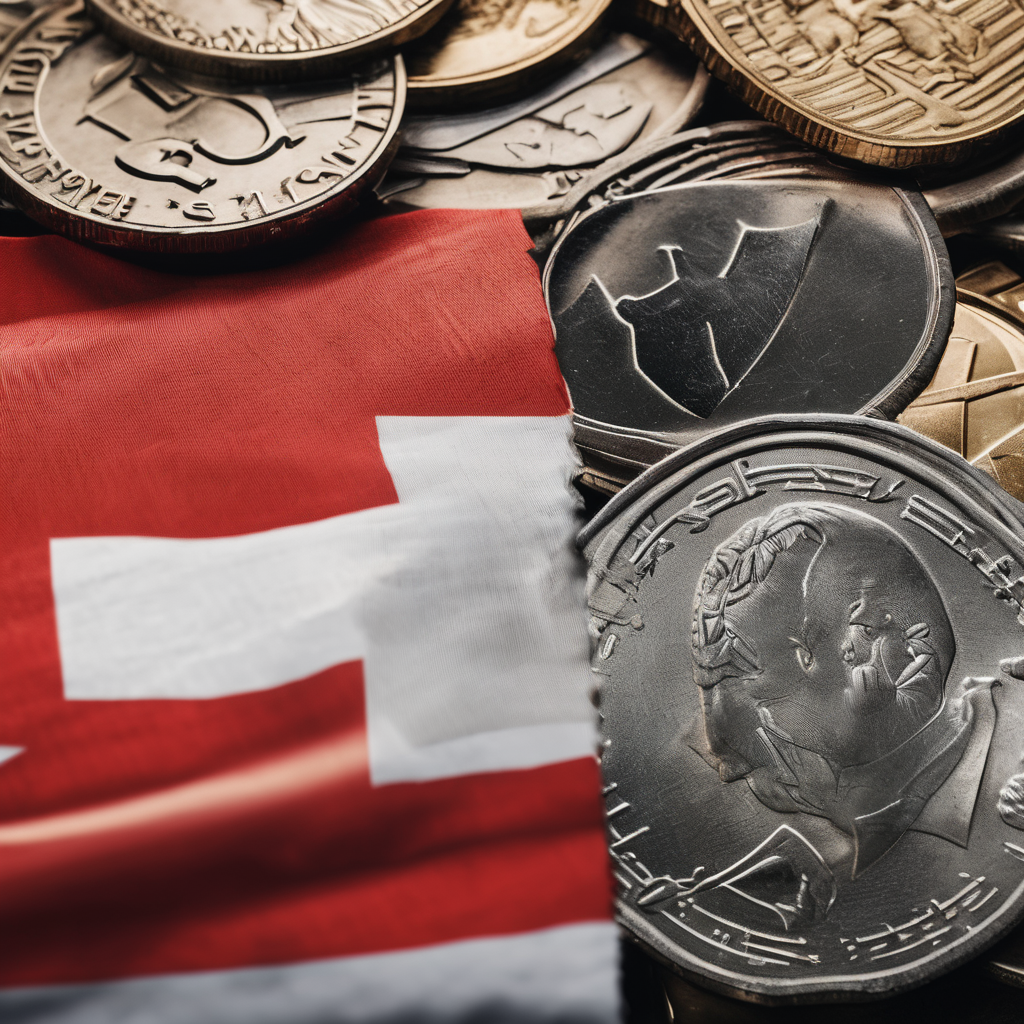Switzerland and the United States have reached a significant agreement to reduce President Donald Trump’s previously imposed tariffs on Swiss imports from a steep 39% down to 15%. This strategic move is expected to stimulate economic growth, backed by Switzerland’s commitment to invest $200 billion in the US over the next five years. Swiss Economics Minister Guy Parmelin expressed that the deal brings great relief to the Swiss economy, which had faced considerable difficulty since the tariffs were introduced in August.
The evolution of this agreement appears to have been influenced by a recent visit from Swiss business leaders to the White House. Parmelin noted that their meeting with Trump was decisive in swaying the negotiations. Key industry figures presented the president with luxury gifts, including a Rolex gold watch and a specially engraved gold bar, which likely helped foster goodwill.
Initial efforts by Swiss President Karin Keller Sutter to persuade Trump were not fruitful, and he remarked that she “did not want to listen.” However, following the meeting with the business leaders on November 4, Trump indicated that a deal was in the works.
US Trade Representative Jamieson Greer affirmed the agreement’s completion, claiming that it exemplifies Trump’s effective dealmaking, which he insists will benefit American citizens. Chief trade negotiator Helene Budliger Artieda echoed this sentiment, stating that reaching the agreement involved considerable effort. Parmelin highlighted that the deal aligns Switzerland with the 15% tariff rate already negotiated by the United States with its European Union partners.
Additionally, Switzerland has pledged to eliminate tariffs on a range of US meat exports, including beef, bison, and poultry, enhancing bilateral trade further. Given the recent statistics indicating a 14.2% drop in Swiss tech exports to the US following the tariff hikes, this agreement arrives at a crucial time for Swiss industry.
The relationship between Swiss industrialists and Trump has evidently played a vital role in this development. Some business leaders, particularly those connected with luxury goods and commodities, already had established ties within Trump’s circle. Notably, Swiss watchmaker Rolex’s CEO Jean Frédéric Dufour recently drew attention when he met Trump at the US Open tennis final and again in the Oval Office.
Following their latest meeting, Trump was photographed with what appeared to be a Rolex “Datejust” desk clock on his desk—a significant collector’s piece that underscores the connection formed between the two countries through luxury branding and diplomatic relations.
As this agreement unfolds, it not only promises to strengthen economic ties between Switzerland and the US but also creates potential for thousands of new jobs, thus fostering a hopeful outlook for both economies as they recover and thrive in the competitive global market.
